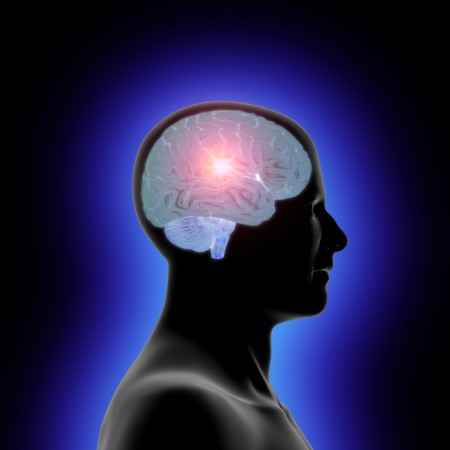Evidence for God from Science
The Mythology of Atheism

Atheism is frequently promoted as a “scientific” belief system, but atheists would be well advised to abandon this line of propaganda in light of the fact that what constitutes science is in a constant state of flux. Biologist Lynn Margulis, winner of the U.S. Presidential Medal for Science, put it best in her book What Is Life?:
“…Science is asymptotic. [“asymptote” is derived from a Greek word meaning “not falling together.”] It never arrives at but only approaches the tantalizing goal of final knowledge. Astrology gives way to astronomy; alchemy evolves into chemistry. The science of one age becomes the mythology of the next.”
Read More...Atheism and the Denial of the Soul

Atheism MUST deny the existence of the immaterial self (the soul) because if consciousness can exist independent of matter (referring, of course, to the matter that makes up the human brain), then there is no reason to disbelieve in an immaterial, disembodied conscious being such as God.
But, unfortunately for atheism, there are very powerful scientific and philosophical reasons to believe in immaterial conscious beings.
Read More...Atheism’s insurmountable problem of the 2nd Law of Thermodynamics.
Frank Turek and Norman Geisler make an excellent point in their book I Don’t Have Enough Faith to be an Atheist. The Second Law of Thermodynamics poses an insurmountable problem for atheistic explanations of the origin of life from non-living matter: “…nature disorders, it doesn’t organize things (the fact that nature brings things toward disorder…
Read More...On the Bible and fairy tales…atheist fairy tales.

As one studies the modern cosmology and astrophysics, one begins to realize that it has become much like a cat-and-mouse game where hardened atheist scientists try desperately to avoid both the clear theistic implications of Big Bang (origin of the universe) science, and the eerie similarities between the biblical and scientific accounts of creation.
Read More...Why God? Why not just plain luck?

Atheistic reasoning often cites pure chance or luck as an alternative explanation to God for such phenomena as the origin of life and the origin of our universe.
Sure—the atheist argument goes—the probability of such things occurring naturally is very low…but with enough time, and even a slight probability, what is there to prevent virtually anything from happening?! But this atheist reasoning makes some very grave oversights. First of all, bare probability and large amounts of time, alone, cannot accomplish anything, ever. Period.
Read More...I believe in science! Why do I need religion?!

Atheists have been very successful in duping the general public into believing that the question of God’s existence amounts to a debate between science and religion. But the God debate is a conflict of religion versus religion, or philosophy versus philosophy…not of science versus religion. “The so called warfare between science and religion,” writes the eminent historian Jacques Barzun, should actually “be seen as the warfare between two philosophies and perhaps two faiths.”
Read More...